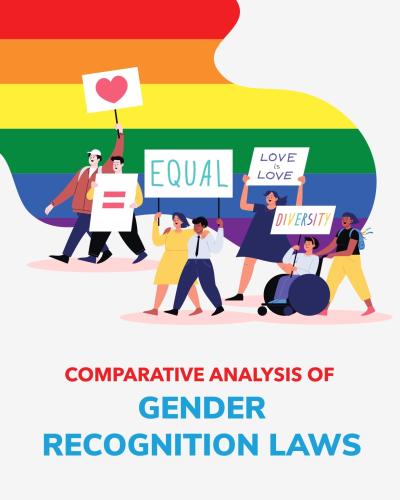Comparative Analysis of Gender Recognition Laws

This paper is commissioned by the United Nations Entity for Gender Equality and the Empowerment of Women (UN Women) and supplements the UN Recommendations on Viet Nam’s Draft Gender Affirmation Law by providing a comparative legal analysis of four selected countries - Argentina, Norway, Pakistan, and Cuba. In Viet Nam, the Civil Code 2015 introduced a new provision (Article 37) for legal gender recognition, although its implementation has been pending due to the lack of legislation which stipulates the process of legal gender recognition. In this context, the Ministry of Health has been leading the drafting process of the Gender Affirmation Law which will primarily impact transgender persons, gender diverse persons and persons with intersex characteristics in Viet Nam.
The purpose of the comparative analysis is to provide concrete examples of legal gender recognition processes adopted in different country contexts and to discuss them in light of relevant international standards on human rights. Ultimately, this paper is aimed at informing the development process of Viet Nam’s Gender Affirmation Law, led by the Ministry of Health.




















